Editor’s note: I am spending most of June 2024 in Great Britain and when possible, I’ll journal by hand and some of that journaling will be transferred here, with minimal edits.
I’m writing this while being transported on a Flixbus to Sheffield from London Victoria Coach Station. We’re maybe 30 minutes behind schedule, mostly due to the gridlock in London.
I spent the first full day in the UK exploring the area of Epsom and Boxhill. I took in the sights of town life near London. Walked the “high street” or what I understood as main street. I took the overground rail for about 15 minutes that came with the hefty one-way pricetag of 6.8 SGD — and this is after a youth discount that costs about 50 SGD a year. I got off the near-deserted station of Boxhill and explored the low-density surroundings. The houses were few and far apart, even though they were located right next to the station. The roads were narrow and windy. At some points, the two-way roads were only wide enough to accommodate one-way traffic.
After wolfing down my Co-op meal deal on the train there, I showed up at Boxhill without any plan. I just knew there was a park nearby. I wandered towards the hill of Boxhill and walked up it. The weather was amazing — not hot enough to sweat but not cold enough to put on a jacket. I eventually found a sitting area where people gathered to have ice cream or their packed lunches. Sitting there, with the sun shining and wind blowing, I read a good amount of Lee Kuan Yew’s memoir, From Third World to First (2000). It’s fitting I read that there because Mr Lee had previously described his trips to England; where he tried to convince the British to have their troops remain a little longer in Singapore or talk about how Singapore’s Currency Board was still holding a significant chunk of its foreign reserves in Pound Sterling. And I vaguely remember that some called Mr Lee the best Englishman that never was.1Upon further research, I found that it was George Brown, a British foreign secretary, that called Mr Lee “the best bloody Englishman east of Suez”. See the Economist here.
I remember a part of that same book where Mr Lee had, in his visits to London, notice that paid newspapers were available out in the street for people to take. It was up to the people who took the newspaper to pay.2See this excerpt from X. But now I’m not so sure if I came across this excerpt in the same book I was reading, or whether I came across it from a part of Twitter. By and large, I think Mr Lee and his team have succeeded in bringing this to Singapore. Perhaps we aren’t entirely a high-trust society, but at least a medium trust society backed by the high force of punishment.
I ended that day with a dinner with family relatives at Toby’s Carvery.3We had a quick stop at Toby’s. These things must be mundane to those who live here, but it was my first time so I savored the Sunday roast on that Tuesday.4Also known as chewsday. I loaded up my plate with sliced gammon, turkey, and beef with a bread-like food called a Yorkshire pudding. For my wellbeing, I topped it off with some vegetables and lightly drizzled all of the above with some gravy. My dish looked noticeable less brown than the dishes of other customers.
I don’t think I can write a scene by scene story of what I was up to the past few days, so I’m going to skip over a few parts.
I walked around a lot in London too. I only took the tube once in my two days in London for intra-London travel. I walked into bookshops and later discovered Oxfam, a charity shop. That was a fun find because I got to comb through their selection of old postcards for 10 or 25 pence each. Finding one I liked was like winning a low-stakes lottery.5 Sometimes the casino didn’t exist. Meaning, there weren’t any postcards being sold in the first place. I was constantly overtaken on the sidewalks by people who seemed to have a second job as power walkers. They rarely stopped for red lights too. Pedestrians treated them as mere suggestions. It’s a society that’s willing to take risk I guess.6There’s probably something here to write about how Singaporeans are more risk-averse. Yes, this is a generalization and there are pros and cons of this, but it does make me wonder whether Singapore’s risk-averse nature ties into our lower rates of entrepreneurship and leads to us avoiding perhaps the biggest risk of all — marriage and children.
Other observations include:
- People were more chatty. You’ll take more with the cashier and other such people.
- In parks, other people would acknowledge your presence. When they see you, and this assumes you look at them, they’ll nod their head, do a little eyebrow action, or say a quick hello.7I’d return the favor. It’s a nice gesture. Yes, we don’t know each other and we won’t get to know each other, but the simple act acknowledges that we’re both humans.8See this article.
And about our common humanity — perhaps too pithy a phrase for the following sentences — people here, like people in Singapore, are doing their best to care for their families and make a living. They commute, they take time off, cook meals, and worry about work. They complain about delayed trains. Discuss how prices how gone absurd. People continue to live life, whether we’re there to witness it or not.
Before I close off this entry — and I’m about 20 minutes out from the Sheffield bus interchange, which I’m quite excited for because this will be a different side of England — I have to give thanks to my uncle and auntie who generously hosted me in London. I am very grateful for that.
On gratitude, I attended evening service at St Paul’s Cathedral on Thursday, June 6. According to them, some form of worship has taken place there for over 1400 years. Through times of war, of peace, of prosperity, and of poverty. It was a beautiful experience. Though it did make me wonder how the Church can appeal to a younger generation. The answer cannot be more Instagram or even TikTok accounts. It will have to be deeper than that. I believe the youth of today yearn even more for meaning in their lives, but seems like the Church, the traditional provider of purpose, has been unable to fill that gap in England and Wales.9I’m referencing this. “Less than half of England and Wales population Christian, Census 2021 shows” As for myself, I’m grateful for my time in London and look forward to saying even more frequently: if this isn’t nice, I don’t know what is.
Written at 8:14PM on June 7, 2024.
Photos
Click on the photos to enlarge them. Chronologically ordered.
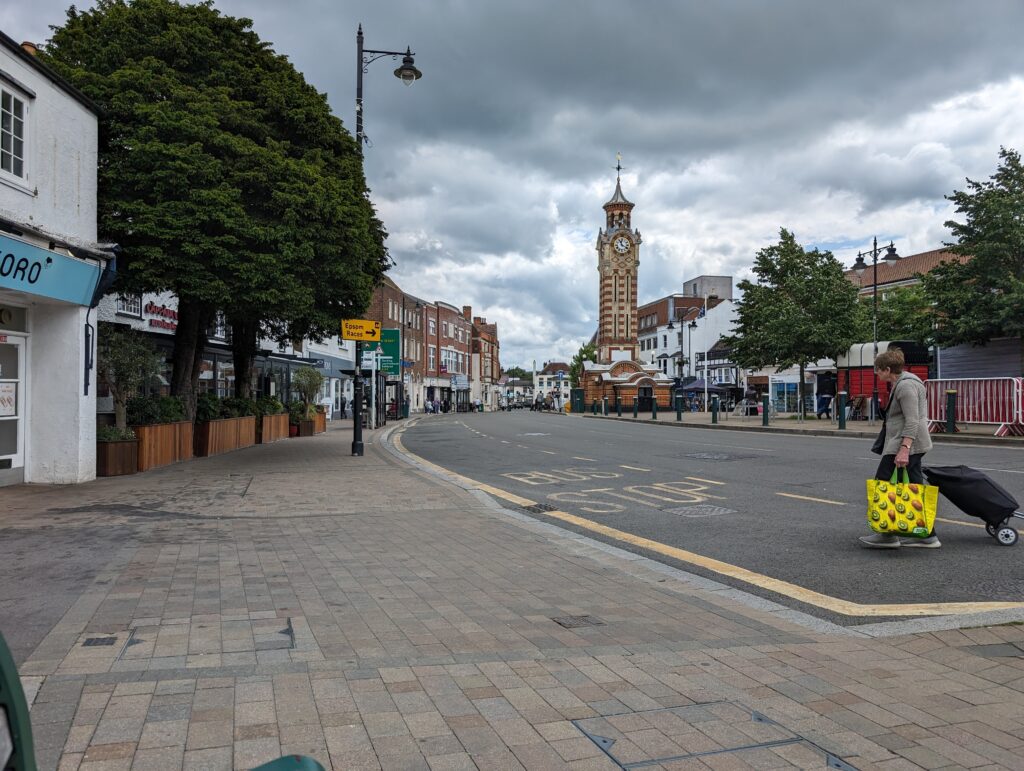
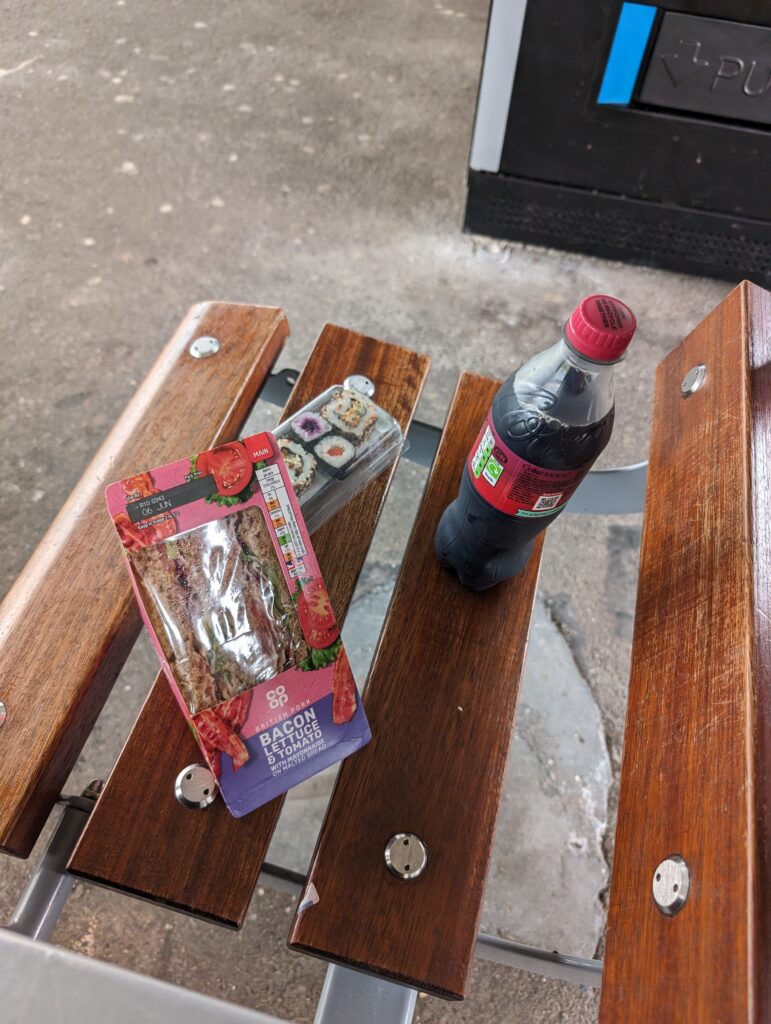
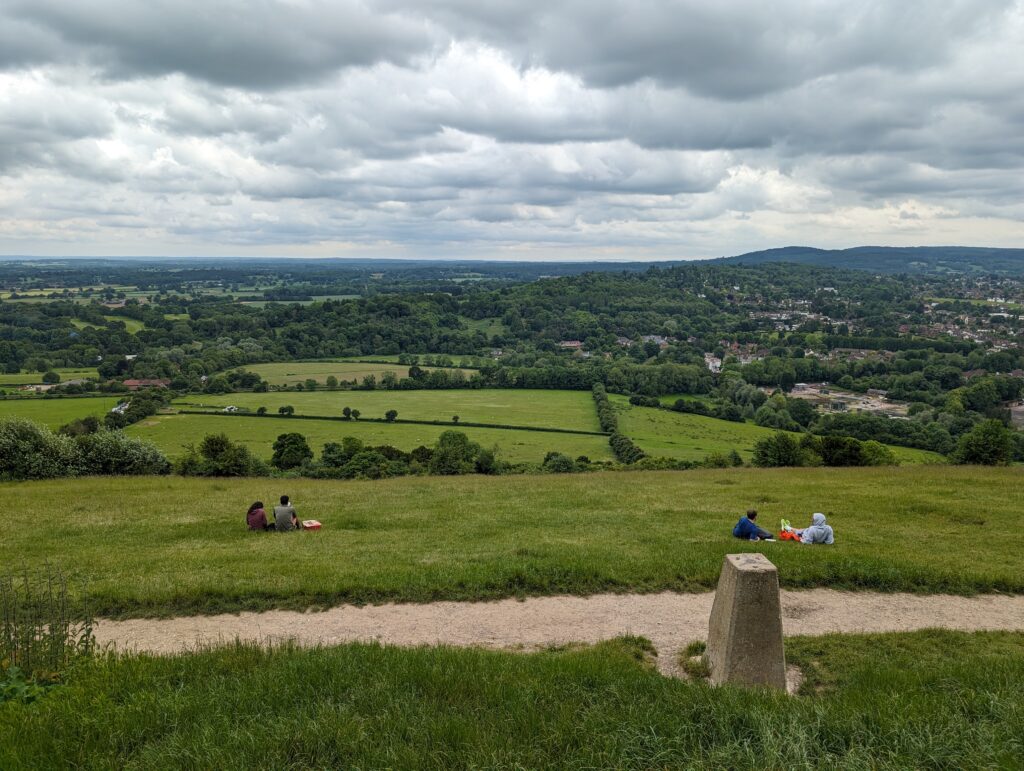
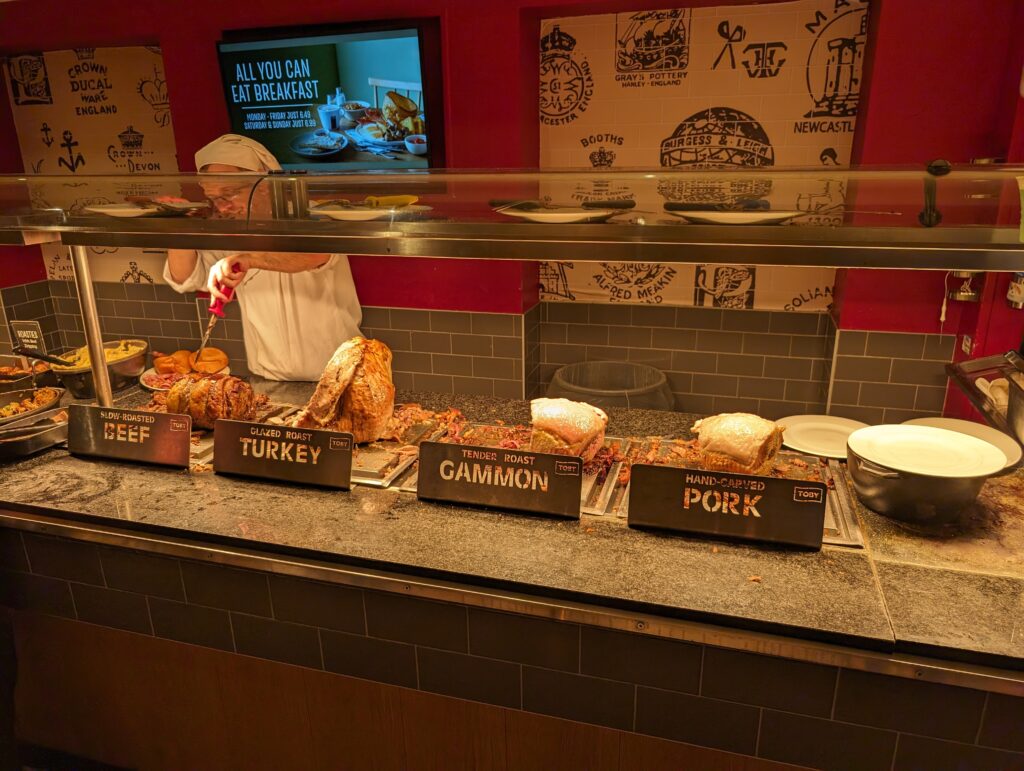
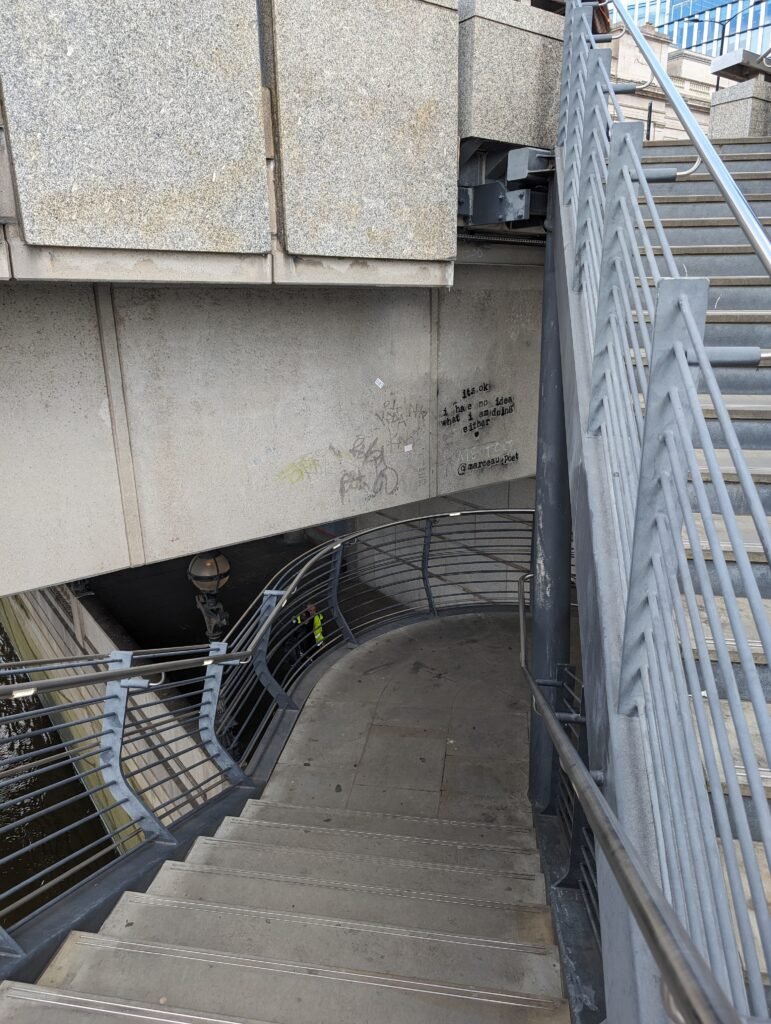
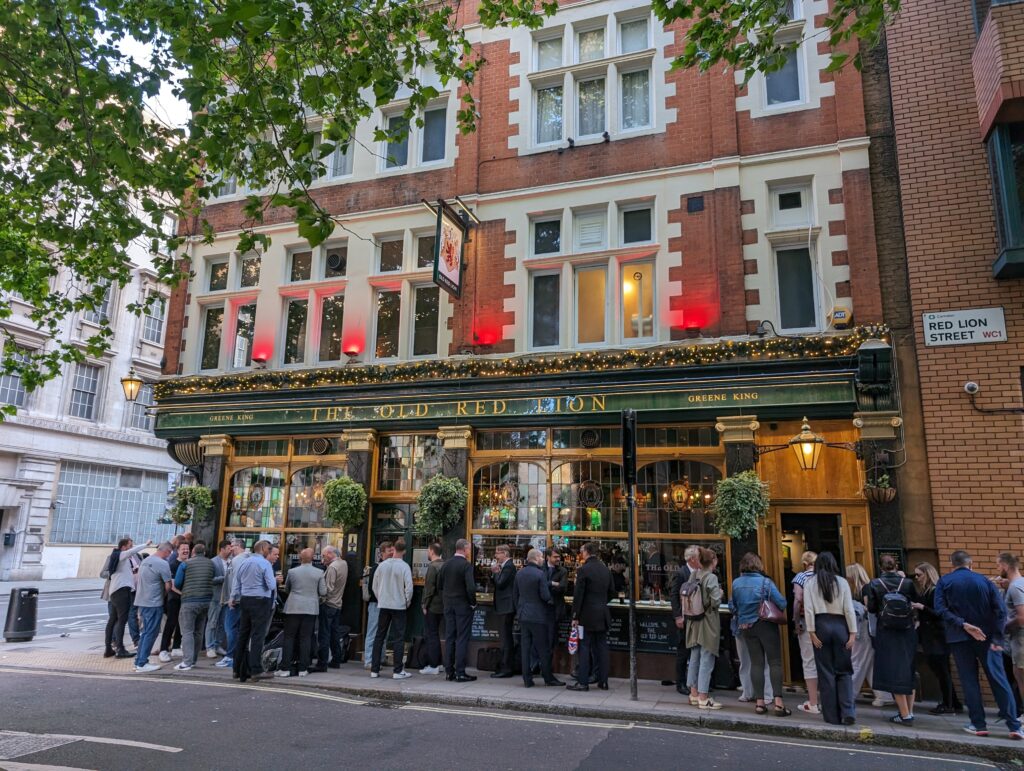
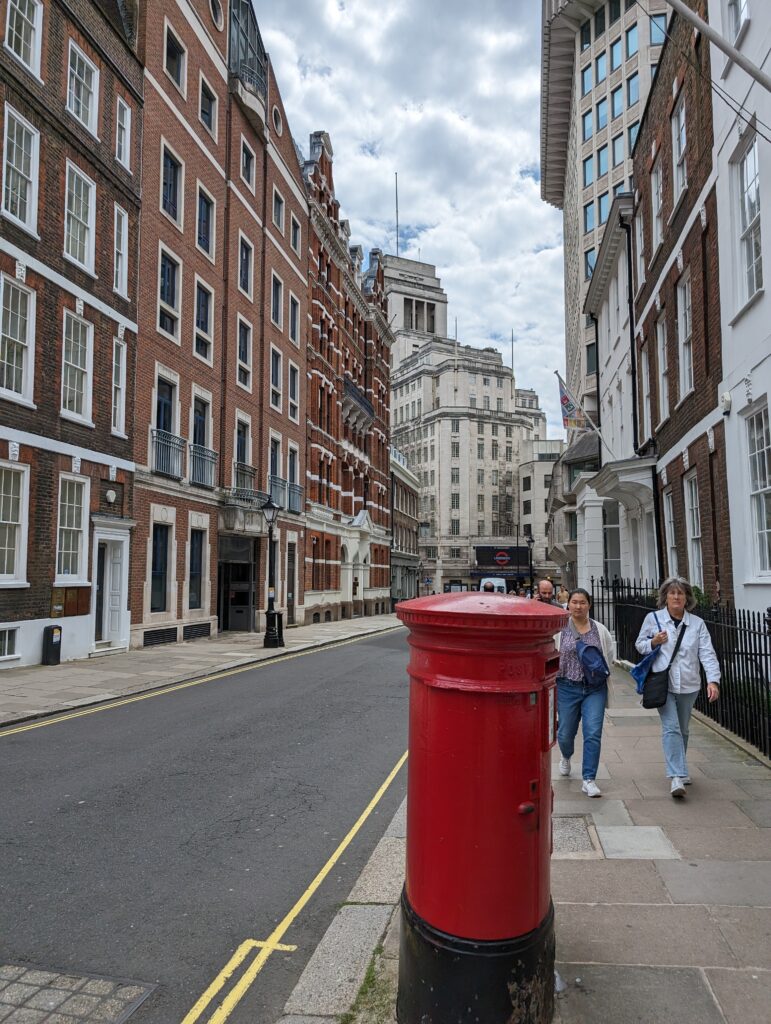
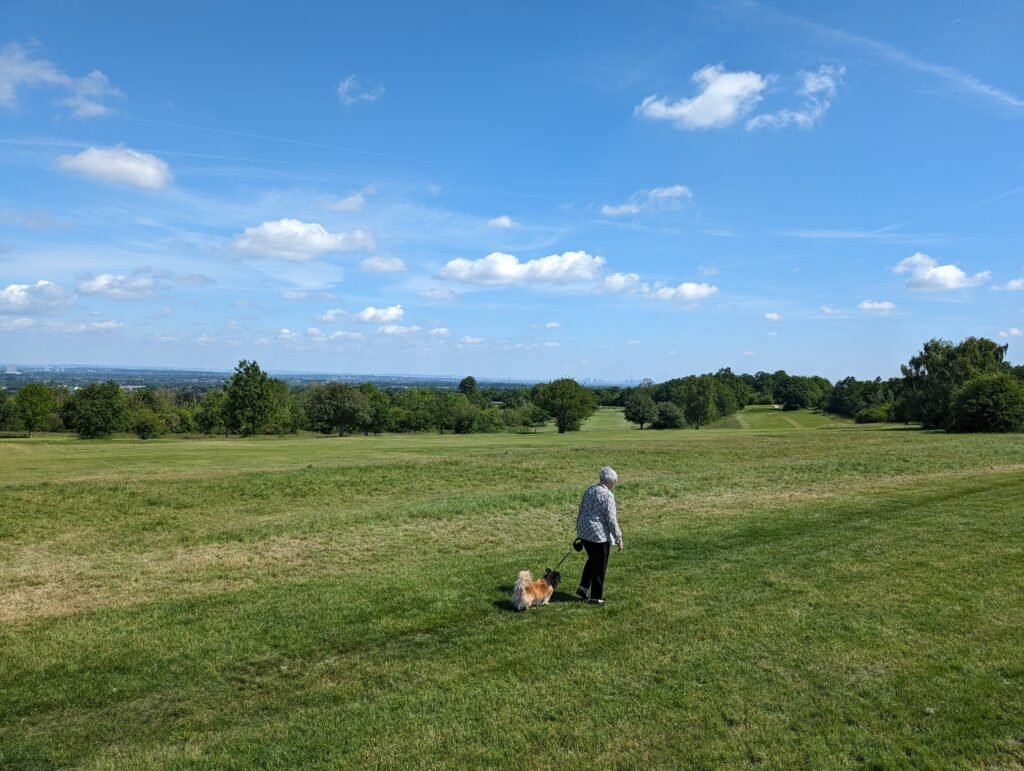
Comments? Text or email me.
First published: June 8, 2024
Last updated:
Footnotes
- 1Upon further research, I found that it was George Brown, a British foreign secretary, that called Mr Lee “the best bloody Englishman east of Suez”. See the Economist here.
- 2See this excerpt from X. But now I’m not so sure if I came across this excerpt in the same book I was reading, or whether I came across it from a part of Twitter.
- 3We had a quick stop at Toby’s.
- 4Also known as chewsday.
- 5Sometimes the casino didn’t exist. Meaning, there weren’t any postcards being sold in the first place.
- 6There’s probably something here to write about how Singaporeans are more risk-averse. Yes, this is a generalization and there are pros and cons of this, but it does make me wonder whether Singapore’s risk-averse nature ties into our lower rates of entrepreneurship and leads to us avoiding perhaps the biggest risk of all — marriage and children.
- 7I’d return the favor.
- 8See this article.
- 9I’m referencing this. “Less than half of England and Wales population Christian, Census 2021 shows”
